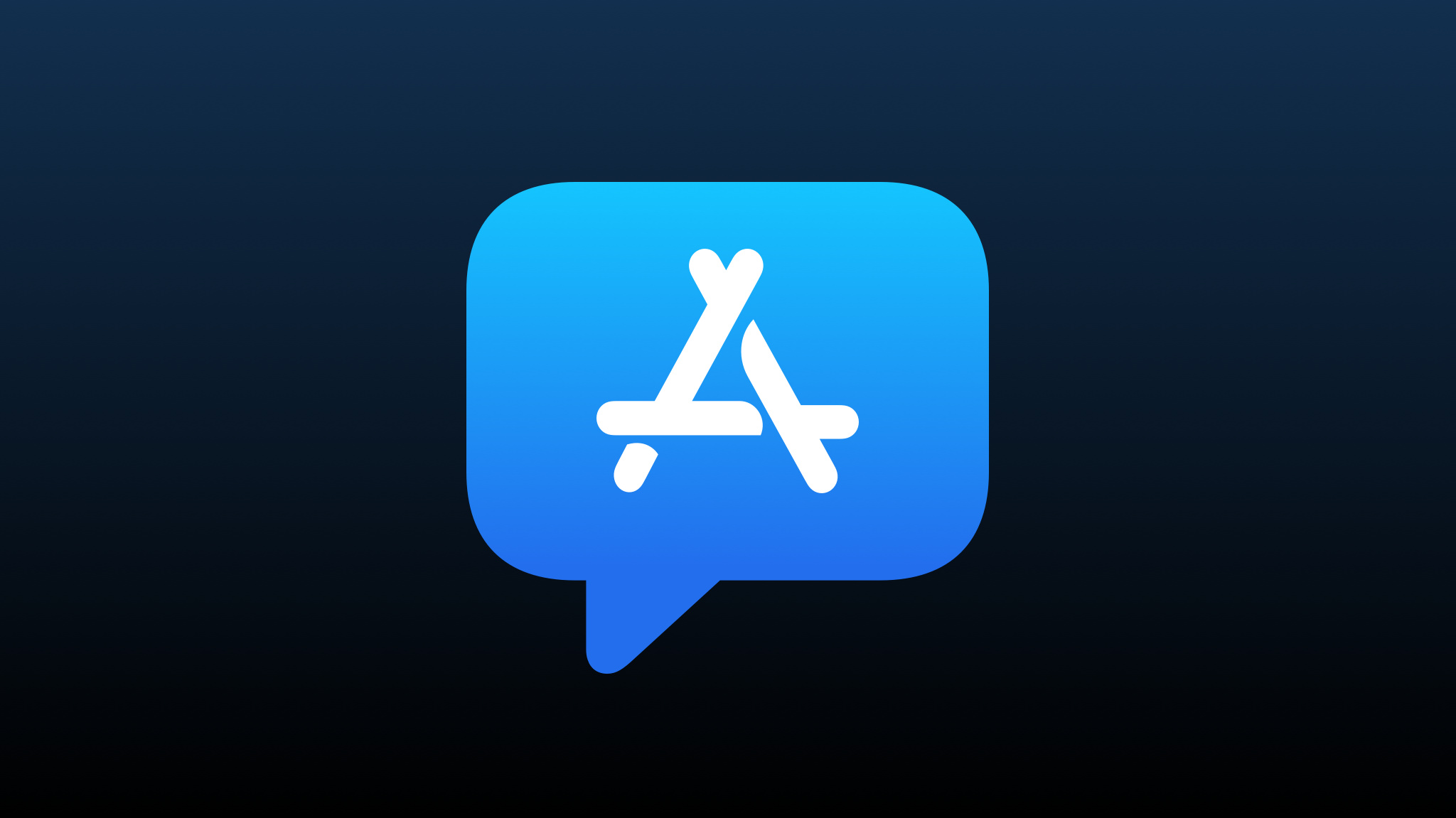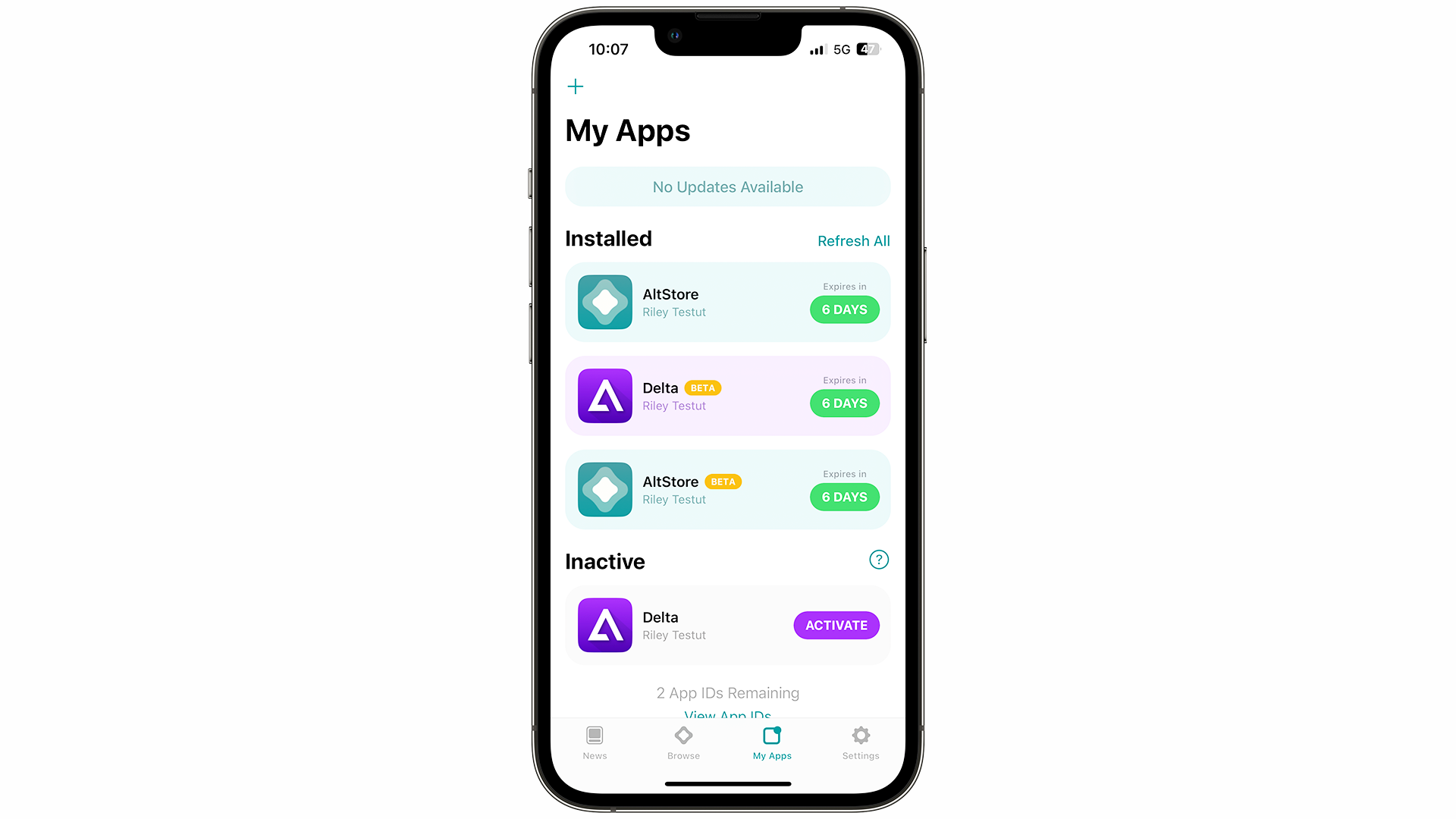
At WWDC 2023 in June, Apple will reveal the next version of its iPhone operating system with iOS 17, and while many reports suggest the release will be lacking anything drastic in terms of new features, one could be monumental in the iPhone’s history.
Sideloading is reportedly coming as part of iOS 17, with Apple forced into allowing the process of installing non-App Store-certified apps by a regulation from the European Union’s Digital Markets Act.
Between that and an iPhone hardware revision that’s likely to move to USB-C after years of the Lightning port, may mean that the product line could be in a very different place come September or October.
But, what is sideloading, why is Apple being forced to adopt it, and what could it mean going forward? With this in mind, here’s our full explainer.
What is sideloading?
Sideloading is the process of installing apps and services onto a device through traditionally unsupported means. That’s a broad statement, but in iOS terms it essentially means being able to install apps that haven’t come from the App Store, potentially due to a user looking to circumnavigate region-based restrictions or simply because Apple won’t certify something.
Developers have achieved similar results before, with Alt Store allowing users to install another Store onto iPhones and iPads, and use emulators to play classic retro games.
In other tech, this can be handled in different ways - but we’ll come onto that shortly. It’s worth noting that sideloading has long been a big part of the appeal of jailbreaking iPhones, allowing enterprising users to gain access to customization tools through alternative app stores like Cydia since 2018.
Why it’s important

It’s hard to overstate how monumental the arrival of sideloading could be in Apple’s previously restrictive iOS ecosystem.
That’s not down to what it offers, either, but more due to what it represents - it’s a sea change for a company that’s long stuck to the narrative that its software and hardware work perfectly in tandem because it keeps both sides of the equation (and the user) free from potential bad actors.
It’s also a considerable show of influence from the EU’s Digital Markets Act that defines Apple (and other closed ecosystems) as “Gatekeepers”. The DMA is likely to have a huge influence on the rest of the world, as Apple works to ingratiate itself in a way it’s really never had to do before.
The DMA will apply from May 2023, with Apple having to submit all information relevant to the process (along with the likes of Google) within two months - but given it’s been on the cards for a while it seems Apple is hoping sideloading with iOS 17 will satiate the requirements.
Why Apple has been reluctant to allow sideloading
While the macOS platform is built on decades of security tweaks, it’s also open to installing apps from anywhere. If you boot up your Mac now, it can install apps from the App Store, but it’s also able to run installers and storefronts from anywhere else, too.
iOS (and by extension iPadOS and watchOS) are mature platforms in their own right, but they’ve never allowed installing apps from elsewhere - and in an Apple whitepaper from 2021, the company conducted a threat analysis of the sideloading process.
Apple noted the increased potential for mobile malware and “resulting security and privacy threats” on platforms that allow sideloading - notably its main competitor in the mobile space, Android.
Apple found that during a period of four years, Android devices had 15 to 47 times more malware infections than iPhone. Interestingly, a European regulatory agency reported 230,000 new ones each day.
Apple has long maintained that its steadfast defense of the App Store is to ensure a better experience for customers and better protection of their data - and the company isn’t wrong. After all, Apple’s App Store process ensures apps work much more consistently than their Android counterparts, and are less hungry for data.
On the other hand, Apple loses money from any apps that don’t come through the App Store certification process because it doesn’t get to take its 30% cut of the revenue - that undoubtedly plays into its reticence to allow all and sundry onto the iPhone.
What could it mean for iOS 17?
iOS 17’s sideloading could, in theory, open the door to multiple app stores. It seems unlikely that Google’s Play Store is going to just appear there one day, but it’s possible we’ll see alternative commerce platforms - Apple has already rolled out third-party payment options in the Netherlands in a landmark concession last year. The company doesn’t take a cut from those payments, either.
Expect Apple to add plenty of disclaimers that sideloading is done at a user’s own risk, be that through data breaches or malware and poor optimization.
There’s also a chance that Apple allows sideloading but obfuscates it somewhat, relegating it to a toggle in the settings somewhere. It’s the kind of thing the discerning iMore reader will understand, but it’s not guaranteed to be easy for more general users to find.
It could, however, mean that the Files app in iOS and iPadOS gets an upgrade to allow installations from within folders, for instance with a downloaded file. We’ll find out more very soon.
What it could mean for apps that go against the App Store’s rules
Naturally, many will look to the apps not currently available on iOS to see what can be installed, including ones that have been removed in the past.
Popular battle royale game Fortnite, subject to an ongoing legal battle between Apple and developer Epic Games, could make a comeback to the iPhone - and theoretically wouldn’t need to pay Apple the 30% that caused such a furor in the first place.
Then, there are the NSFW apps and games that may find themselves with a whole new audience. The App Store has also seen removals for fake ID apps, one that cost $1000 to tell you you’re rich, and even an app that tasks you with hurling your phone into the air.
It may also embolden developers against Apple's terms, potentially leading some to forgo certification entirely in hopes of not needing to split the revenue with the platform holder.







